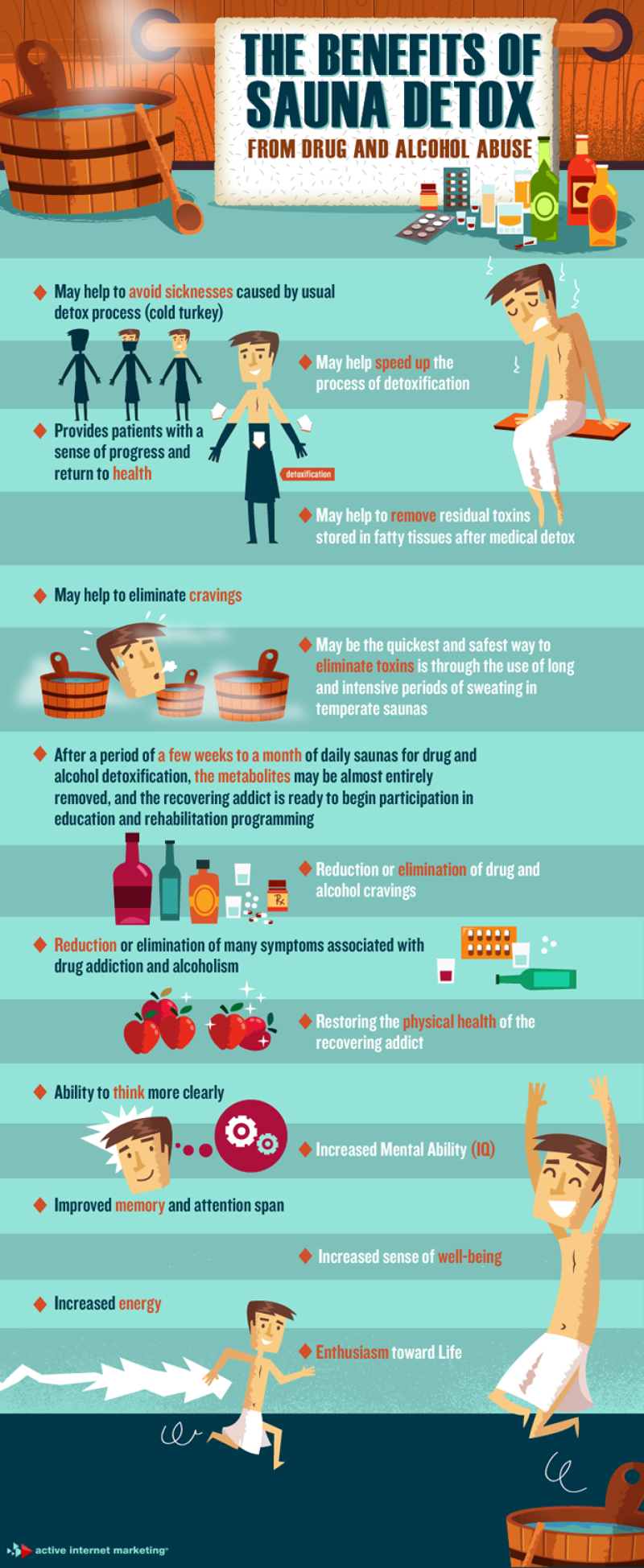Transform Your Understanding Of Substance Abuse Treatment With Key Techniques That Lead The Way For Enduring Modification And Healing
Transform Your Understanding Of Substance Abuse Treatment With Key Techniques That Lead The Way For Enduring Modification And Healing
Blog Article
Web Content Author-Ovesen Dalton
When it involves drug abuse therapy, comprehending the key methods can make a genuine difference in your journey to recovery. Evidence-based approaches, restorative methods, and area assistance are all essential parts that contribute to lasting change. Each element plays a distinct role in fostering strength and psychological well-being. But just how do these strategies work together to develop a detailed therapy plan? Allow's explore the ins and outs of this healing process.
Evidence-Based Therapy Strategies
When it pertains to dealing with substance abuse, evidence-based therapy approaches are important for achieving enduring recovery. These methods depend on study and data, guaranteeing you're obtaining the most effective treatment tailored to your needs.
You'll find that choices like cognitive-behavioral therapy and inspirational interviewing not only help you understand the source of your dependency but likewise outfit you with practical abilities to manage cravings and triggers.
In addition, including medication-assisted therapy can relieve withdrawal signs, making the journey smoother. By engaging in these proven techniques, you're most likely to remain devoted to your recovery course.
Healing Modalities for Recuperation
As you start your recuperation journey, exploring different restorative techniques can significantly improve your development. Different strategies cater to one-of-a-kind requirements, so consider what resonates with you.
Cognitive Behavior Modification (CBT) aids you determine and change negative thought patterns, while Dialectical Behavior Therapy (DBT) focuses on psychological policy and interpersonal skills.
mouse click for source , such as reflection and yoga, advertise self-awareness and anxiety reduction. https://www.liveinternet.ru/users/clay_gormsen/post511057769 and songs therapy can also supply innovative electrical outlets, assisting you reveal emotions and connect with your inner self.
Team therapy promotes shared experiences and assistance, while specific treatment supplies a secure space for individual exploration.
Each method supplies important devices, equipping you to develop resilience and sustain lasting adjustment in your recovery.
The Function of Neighborhood Support in Healing
Neighborhood support plays an important duty in your recovery procedure, fostering links that can enhance your healing trip.
When Click Link surround yourself with understanding people, you develop a risk-free space to share experiences and difficulties. Involving with peers who've faced comparable struggles can offer important understandings and inspiration, making you really feel less separated.
Regional support groups, friends, and family can supply emotional support and responsibility, vital for keeping your dedication to soberness. Their favorable impact can encourage you to embrace much healthier options.
Additionally, neighborhood activities can help you develop a feeling of belonging, which is crucial for emotional wellness.
Final thought
To conclude, accepting a combination of evidence-based therapy strategies, healing methods, and neighborhood support can dramatically enhance your trip towards long lasting change and recovery. By actively engaging in https://click4r.com/posts/g/20910925/getting-rid-of-the-stigma-inspiring-success-stories-from-drug-rehabil like cognitive-behavioral treatment and motivational speaking with, and by leaning on your assistance network, you're establishing yourself up for success. Bear in mind, your commitment to healing and the techniques you adopt will pave the way for continual sobriety and emotional health. You've got this!
